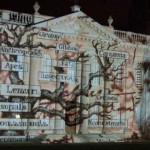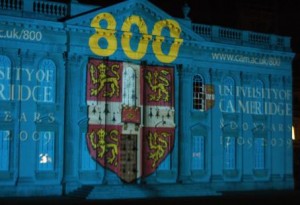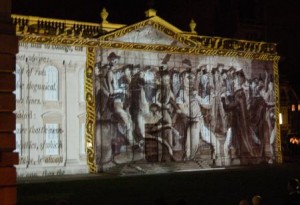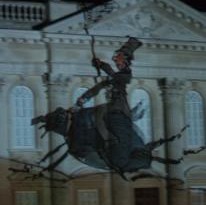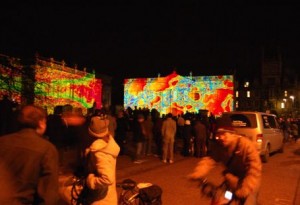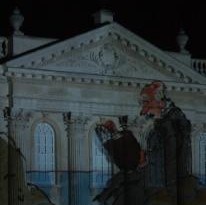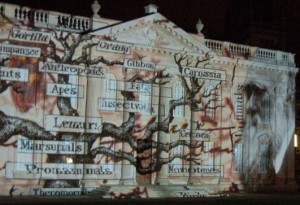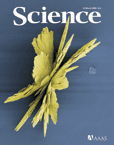 It was over drinks at a local pub in the spring of 2006 that cognitive psychologist Martin Conway of the University of Leeds in the United Kingdom first told his colleague Chris Moulin about using a wearable camera for memory research. But it took more than a few pints of beer to convince Moulin that SenseCam, a camera that periodically takes still photos while worn on the user’s chest, might be a game-changer in the study of what psychologists call autobiographical memory. Although skeptical of the small device’s usefulness, Moulin did finally agree to take one for a test drive.
It was over drinks at a local pub in the spring of 2006 that cognitive psychologist Martin Conway of the University of Leeds in the United Kingdom first told his colleague Chris Moulin about using a wearable camera for memory research. But it took more than a few pints of beer to convince Moulin that SenseCam, a camera that periodically takes still photos while worn on the user’s chest, might be a game-changer in the study of what psychologists call autobiographical memory. Although skeptical of the small device’s usefulness, Moulin did finally agree to take one for a test drive.
Category Archives: Science Magazine
Horseshoes, Hand Grenades–and Slot Machines?
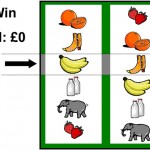 Before the reels on a slot machine stop spinning, a gambler’s brain is already anticipating the potential rewards. And although two bananas on the pay line with a third just barely visible won’t pay a gambler any more than three random fruits, such near misses have the well-documented, if irrational, effect of enticing gamblers to try again. The reason, according to a new study, is that these near misses activate the same reward signals in the brain as a win.
Before the reels on a slot machine stop spinning, a gambler’s brain is already anticipating the potential rewards. And although two bananas on the pay line with a third just barely visible won’t pay a gambler any more than three random fruits, such near misses have the well-documented, if irrational, effect of enticing gamblers to try again. The reason, according to a new study, is that these near misses activate the same reward signals in the brain as a win.
Read the original on Science’s online daily news website, ScienceNOW: [html] or [pdf]
Cambridge University Sheds Light on Darwin
The University of Cambridge rang in its 800th anniversary with church bells and a light show on Saturday the 17th. The light show, created by projection artist Ross Ashton, included specially commissioned illustrations of Cambridge alumni Charles Darwin and Isaac Newton by Roald Dahl’s illustrator, Quentin Blake. Above, a graying Darwin ponders the tree of life, whose branches recapitulate the origins of the species. Other images evoked the scientific, musical, and debaucherous achievements of 800 years of Cambridge students and alumni.
See all the photos at Science Magazine’s new Darwin blog [html].
Astronomer Finds Rewards in Outreach
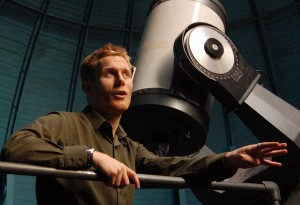
The telescope room atop Pupin Hall at Columbia University offers a stunning view of the night sky and the New York City skyline. Astronomy Ph.D. candidate Cameron Hummels even considered moving his desk and computer up to the rooftop shed before concluding that his computer would not last long without heat or air conditioning. As much as Hummels would like to be near the telescopes all the time, the discoveries he wants to make also require computers, and there’s a lot at stake: “I love the fact that I could potentially make a difference,” he says, “in how we identify the underlying principles of nature.”

